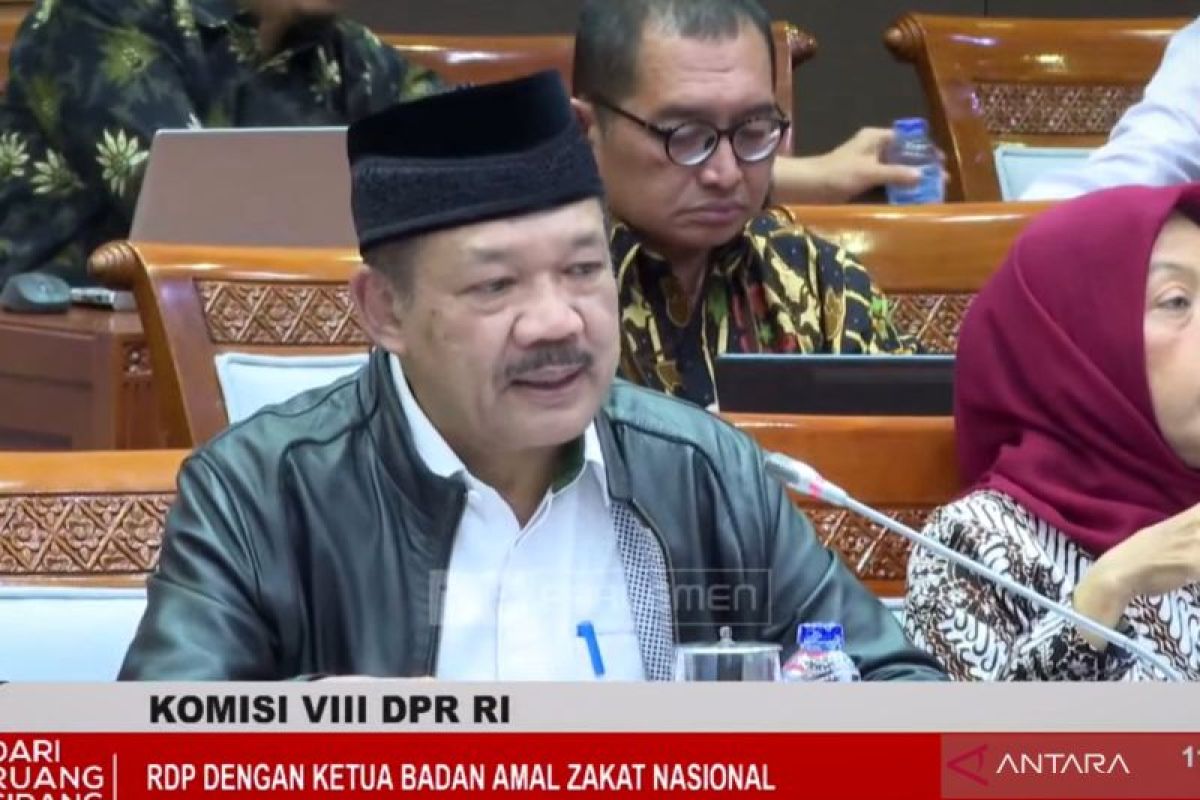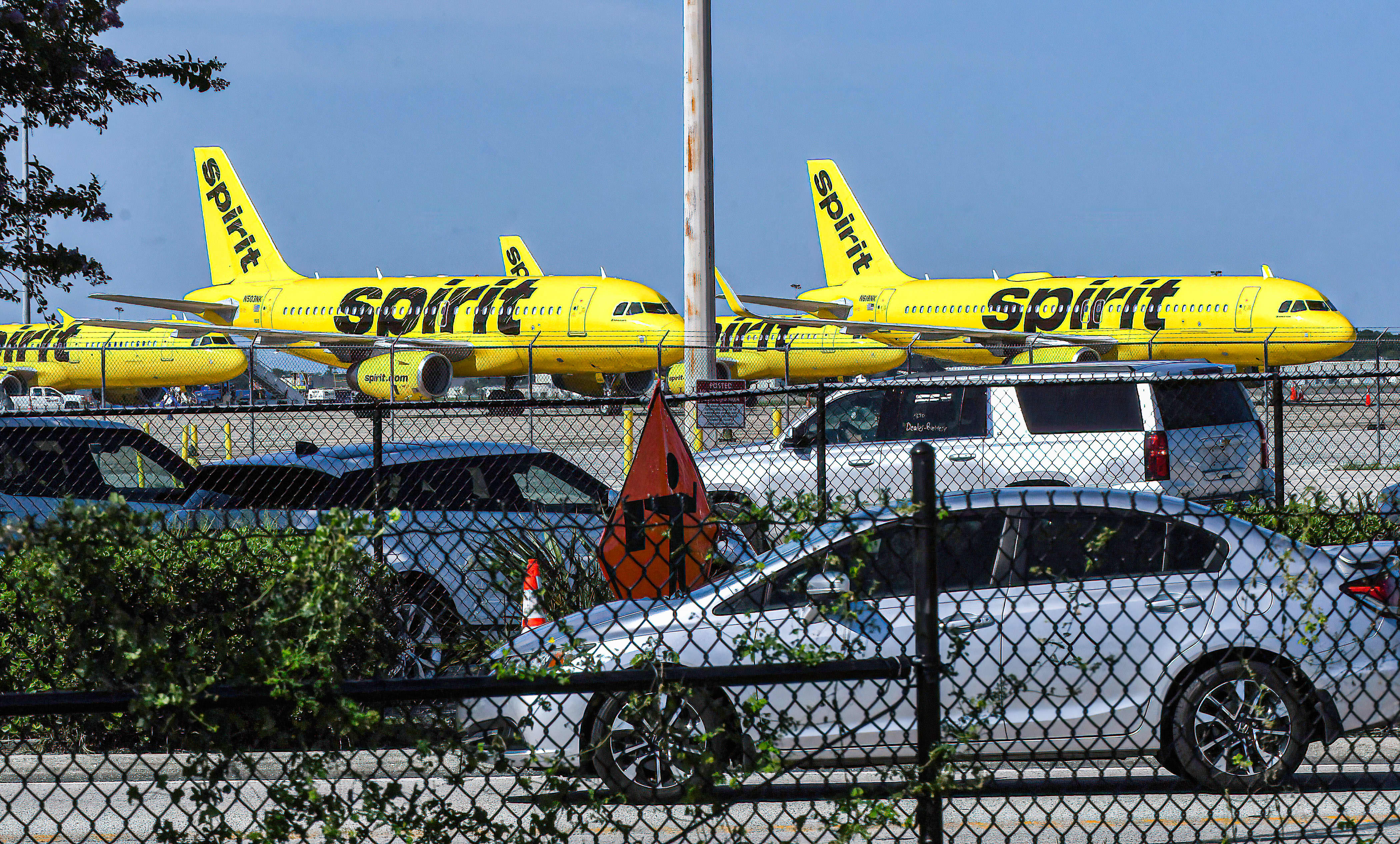Frontier Airlines and Spirit Airlines, the two largest low-cost carriers in the U.S. have agreed to merge in a deal valued at $6.6 billion, creating what would become the fifth-largest airline in the country.
The merger gives Denver-based Frontier Airlines a 51.5% controlling stake in the combined airline. Spirit investors will receive 1.9126 shares of Frontier plus $2.13 in cash for each share they own, giving Spirit shareholders an implied value of $25.83 per share, which is a 19% premium over the value of Spirit shares at the end of last week, the companies said.
“This transaction is centered around creating an aggressive ultra-low fare competitor to serve our guests even better, expand career opportunities for our team members and increase competitive pressure, resulting in more consumer-friendly fares for the flying public,” Ted Christie, president and CEO of Miramar, Fla.-based Spirit, said in a statement announcing the deal.
The boards of both companies approved the deal over the weekend.
Frontier Chairman Bill Franke will chair the combined company, which he said “will create America’s most competitive ultra-low fare airline for the benefit of consumers.”
The companies didn’t announce the new name of the combined carrier, the CEO or location of the airline’s headquarters. Those questions will be answered by a committee led by Franke after the transaction closes, which is expected in the second half of the year, pending regulatory and shareholder approval.
For Franke, the deal is the latest in a career of making investments in and overseeing low-fare airlines around the world, including Spirit. From 2006 through 2013, Indigo Partners held a stake in Spirit with Franke serving as chair of the airline before he resigned when Indigo sold its position in the carrier. Shortly after that move, Indigo bought Frontier Airlines from Republic Airways for $145 million.
Spirit Airlines aircraft are seen parked at the end of a runway at Orlando International Airport on the sixth day the airline has cancelled hundreds of flights.
Paul Hennessy | LightRocket | Getty Images
Since that acquisition, Denver-based Frontier has steadily expanded its route network with new destinations and additional flights, often targeting cities where larger airlines like Southwest have a strong presence. In almost every case, Frontier enters with low fares to gain a foothold with price-conscious travelers.
Spirit has also been aggressively expanding in the last decade and plans to continue that strategy once combined with Frontier.
In 2013, Spirit and Frontier had 2.8% of the revenue passenger miles flown by U.S. airlines, according to the Department of Transportation. By 2019, their combined market share had almost doubled to 5.4% while the four largest airlines in the U.S., American Airlines, Delta, United and Southwest, controlled 73.9% of revenue passenger miles
With both carriers flying only Airbus planes and neither dominating one particular market, a Spirit/Frontier merger makes sense on paper. Still, the Biden administration has made it clear to corporate America it will scrutinize potential mergers far more aggressively than the Trump administration.
In premarket trading Monday, Spirit shares jumped about 11% and Frontier Group stock fell about 3%.
CNBC’s Meghan Reeder contributed to this article







More Stories
‘Offered hassle-free re-election for air base in Bangladesh ‘ – Times of India
Argentina’s 300% inflation spawns ‘ghost’ border town – Times of India
Iran’s near-bomb-grade uranium stock has grown, says IAEA report – Times of India